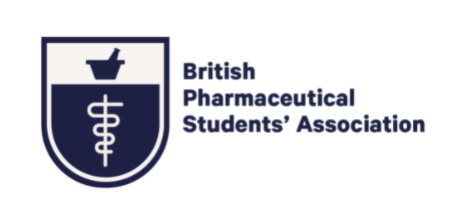Insight: CCG
I started out my career as a pre-registration pharmacist at Western Sussex Hospital NHS foundation trust in Worthing. After qualifying, I continued at Worthing Hospital undertaking band 6 rotations and then became the lead dispensary pharmacist. Half way through my clinical diploma, I decided it was time for a change. I no longer felt challenged and dreamed of a position where I could influence system wide change. Having continued to work for Boots since university and with my hospital experience, I decided to take a leap into primary care.
I started working at Eastbourne, Haisham and Seaford CCG and Hastings and Rother CCG in October 2015 as a Prescribing Support Pharmacist and continued to work for Boots on Sundays. I applied for the role after hearing an inspiring talk by our Senior Medicines Management Adviser at a CPPE event. I remember sitting in the audience thinking I can only aspire to be like this person. The organisation was really accommodating and worked with Higher Education England to enable me to complete my clinical pharmacy diploma in the CCG setting.
In 2017, I took on an additional role within a GP practice working one evening a week. I missed my patient facing clinical role and wanted to put my CCG knowledge into practice. This also enabled me to undertake a non-medical prescribing qualification. Soon after, I obtained a promotion to my current role- Medicines Management Adviser. I have never looked back since! I continue to work for Boots and the GP practice alongside my full time role as a Medicines Management Adviser.
Working in a CCG is very different to working in other settings; primary care felt like a whole different world when I started. Working within the CCG has helped me to understand commissioning, financial constraints and how the NHS works- I can finally connect all the dots. Medicines optimisation looks at the value which medicines deliver, making sure they are clinically-effective and cost-effective. It is about ensuring people get the right choice of medicines, at the right time, and are engaged in the process by their clinical team.
My role is very varied and the working hours are much more flexible, which I love. My role is not patient facing. Duties can include responding to queries from GPs, contributing to the medicines optimisation scheme, appraising evidence, analysing data and attending several meetings including practice visits. One day I can be sitting in a GP practice helping identify clinical areas to improve medicines optimisation through running searches and the next day I can be sitting in a strategic meeting discussing how medications optimisation fits into a new service. The thing I love the most about my role is the ability to influence system wide change on a population level. Overcoming barriers and resistance to change in order reach a positive outcome for all parties involved is really rewarding. Of course, the challenge is being able to drive and influence behavioural change.
I lead within our team on diabetes, my most proud achievements within the last year are undertaking a review of our diabetes formulary chapter as part of an MDT working group, presenting diabetes medicines optimisation at key events and leading on diabetes medicines optimisation projects which have been implemented in GP practices across both CCGs. Our 17/18 diabetes project has just made the long-list for the 2019 NICE shared learning awards and was published in the PJ. My challenge for this year is managing my roles alongside an NHS academy MSc in healthcare leadership which I am just about to start, in addition to some teaching at the local university.
For students interested in roles in primary care, I recommend finding out as much as possible about the roles available and take to opportunity to arrange some shadowing. There are plenty of opportunities whether you wish to seek a role as GP practice pharmacist, work as part of a medicines optimisation team in care homes or pursue a more traditional role within a medicines management team providing pharmaceutical advice, conducting audits and developing local prescribing guidance. I also suggest undertaking a post-graduate qualification in clinical pharmacy to enhance your clinical knowledge.

